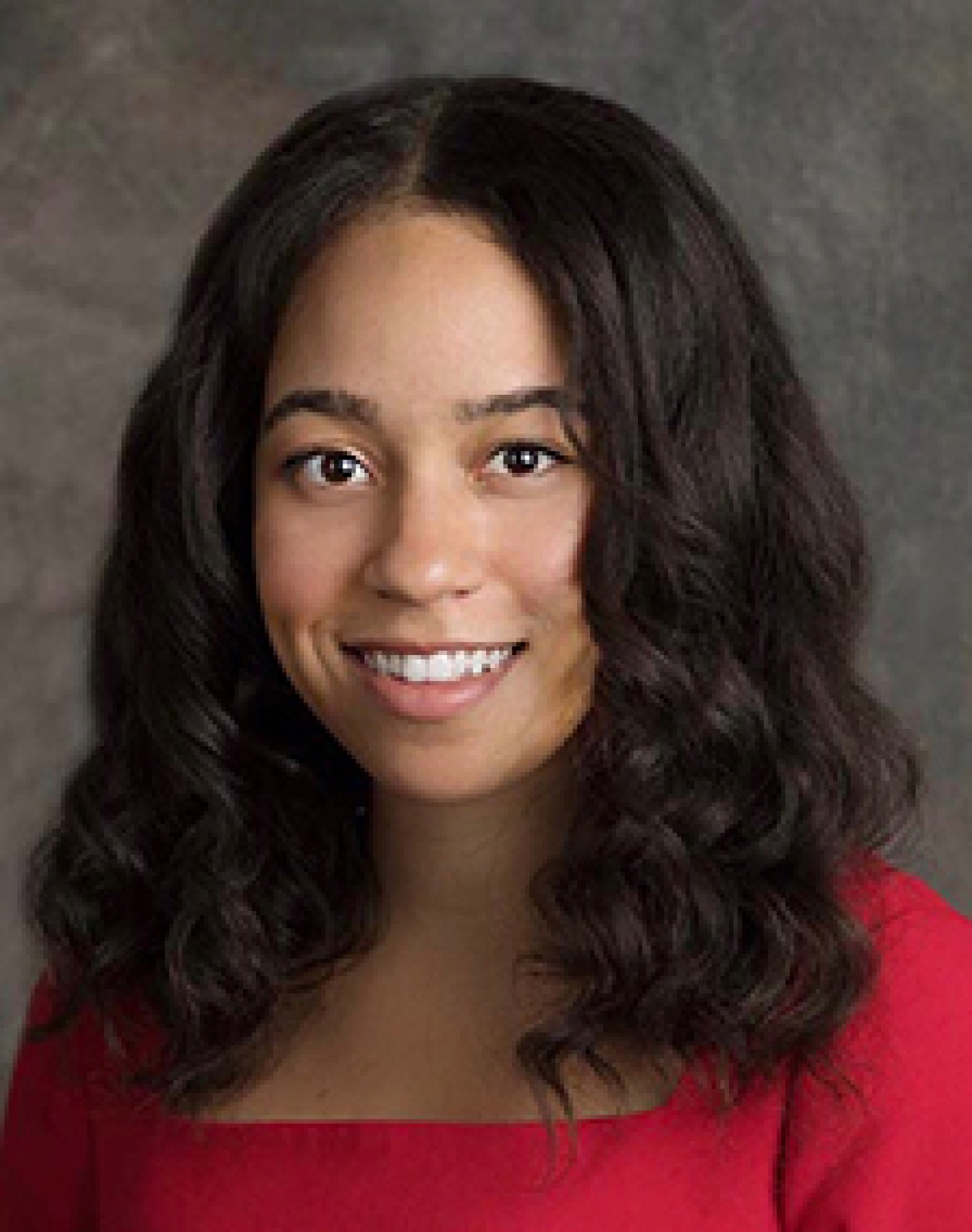With 40 million people-13% of the U.S. population-speaking Spanish as their primary language, the demand for Spanish-speaking mental health practitioners has never been greater. Yet, a significant gap remains between those who need Spanish-language care and the number of professionals available to provide it.
Catherine Castro, MD, a psychiatrist with the Comprehensive Psychiatric Emergency Program (CPEP) at New York-Presbyterian/Columbia Irving Medical Center, is committed to closing this gap. She recognizes that language barriers often prevent Spanish-speaking individuals from receiving necessary mental health care.
"Linguistic barriers often lead to miscommunication, misdiagnosis, and inadequate treatment," Dr. Castro says. "With Spanish being the second most spoken language in the U.S., it's crucial that more mental health practitioners are fluent in Spanish to offer truly effective care."
A Personal and Professional Mission
As a first-generation Dominican American who grew up speaking Spanish with her family, Dr. Castro has a strong personal connection to her mission. Her focus is on cultural psychiatry, and she is dedicated to providing care that is both linguistically and culturally attuned to her patients.
During her residency at the Columbia Department of Psychiatry-New York State Psychiatric Institute, completed in June 2024, Dr. Castro concentrated on improving mental health outcomes for Spanish-speaking patients and communities. In her second year, she created a course for bilingual residents to help them conduct psychiatric interviews and psychotherapy in Spanish. Now in its fourth year, the course helps trainees deliver care in patients' primary language.
"Professional-level Spanish in psychiatric practice can be challenging," notes Dr. Castro, now serving as faculty director of the course. "For U.S.-born and trained clinicians, conversational Spanish fluency doesn't necessarily translate to ease and fluency when providing care in Spanish. There is often a knowledge and skill gap, and bridging it requires specialized training, education, and a lot of practice."
Innovating Spanish-Language Training
In her fourth year of residency, Dr. Castro was awarded an APA SAMHSA Minority Fellowship to create an educational video series for bilingual trainees. These animated videos highlight the unique challenges bilingual clinicians may encounter when providing care in Spanish and aim to build clinician confidence in beginning to address them.
The three-part series is narrated in Spanish and covers steps clinicians can take to enhance their clinical Spanish fluency, addressing potential language differences between providers and patients and basic psychotherapeutic techniques, including cognitive behavioral therapy terms and methods. Developed in collaboration with Columbia faculty and the Center for Practice Innovations, the videos are widely available with both Spanish and English subtitles.
"Many trainees are fluent in Spanish but struggle with clinical terminology or translating therapeutic concepts from English," she explains. "They often struggle with this for the first time in their training programs, and we should create resources to support them."
Addressing Disparities in Care
Dr. Castro aims to apply this work to her new role in emergency psychiatry. "As a bilingual provider, I can capture an accurate history and diagnosis for Latinx and monolingual Spanish-speaking patients-something non-language-concordant providers may struggle with." She hopes her efforts will inspire more bilingual trainees and clinicians to pursue specialized training and join the growing ranks of Spanish-speaking mental health professionals.
She is committed to improving outcomes for the Latinx community, especially in Washington Heights, where Columbia is located and where more than 60% of the population is of Latinx heritage, including many Dominican immigrants.
"Proximity to the community I care about is one of the reasons I chose Columbia," Dr. Castro says. "By addressing the language gap, we're not only improving individual outcomes but also making mental health care more inclusive, accessible, and equitable for everyone."
Dr. Castro thanks the following individuals for their mentorship and collaboration: Deborah Cabaniss, MD, Associate Director of Residency Training; Roberto Lewis-Fernández, MD, Interim Vice Chair of Research; Viviana Chiappetta, MD, outpatient adult psychiatrist; Alexandra Canetti, MD, outpatient child and adolescent psychiatrist; Maciel Campos, PhD; outpatient child and adolescent psychologist; Lourdes Dominguez, MD- outpatient psychiatrist; Michael Devlin, MD, outpatient psychiatrist and educator; and Deborah Glasofer, PhD, outpatient psychiatrist, educator, and CBT expert. She is grateful to the Center for Practice Innovations staff for their partnership, including Paul Margolies, PsyD, Associate Director for Practice Innovation and Implementation; Derrian Swany, Contracts Coordinator; Deidre Watkins, Project Manager; and KINDEALABS Video Production.







